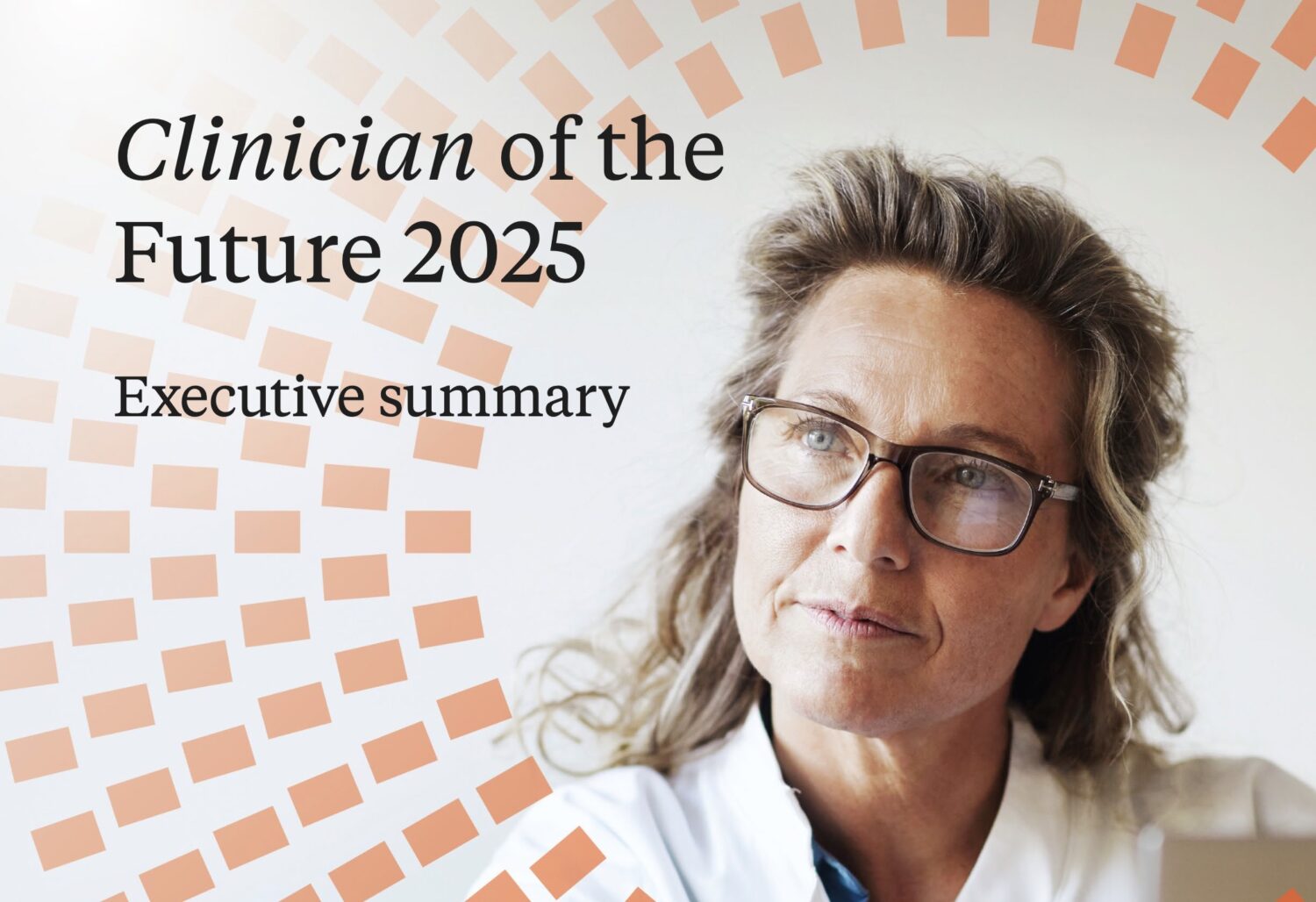
What You Should Know:
– The 4th annual Elsevier Clinician of the Future report reveals a remarkable acceleration in the adoption and impact of Artificial Intelligence (AI) in healthcare.
– Based on a global survey of over 2,000 clinicians, the report highlights AI’s growing role in addressing persistent challenges like clinician burnout, increasing patient demand, and fragmented care, while also shedding light on evolving perceptions and regional differences.
Current State of Healthcare – Clinicians Under Pressure
Clinicians globally are experiencing unprecedented pressures, impacting their ability to deliver quality care.
- Time Constraints: Over a quarter (28%) of clinicians feel they lack sufficient time for quality care, with high patient volume cited as the primary cause by 74% of this group.
- Increasing Patient Load: 69% of clinicians are seeing more patients now than two years ago.
- Medical Misinformation: 59% of clinicians report medical misinformation hindering patient compliance with recommended treatments.
- Tiredness and Mobility: Nearly half (47%) of clinicians state tiredness has impaired their ability to treat patients effectively. A significant 31% are considering leaving their role in the next couple of years, despite global clinician shortages, though this is an improvement from 37% in 2023.
Despite these challenges, clinicians perceive a gap between their institutions’ priorities and performance, especially regarding digital tools and AI readiness. Only 32% believe their institutions provide sufficient access to digital tools (including AI), 30% rate AI training as good, and a mere 29% agree on effective AI governance. Trust in AI would increase for 57% if guidance on its use were provided.
How AI is Transforming Healthcare – Doubled Adoption and Perceived Benefits
The use of AI tools among clinicians has dramatically increased.
- Work-Related AI Use: 48% of clinicians have used an AI tool for work purposes, nearly double the 26% reported in 2024.
- Generalist vs. Clinical-Specific Tools: Of those using AI for work, 97% have used a generalist tool like ChatGPT, compared to 76% using a clinical-specific AI tool.
- Perceived Benefits: Clinicians perceive clinical AI tools as saving them time (57%), empowering them (53%), and offering more choice in patient care (53%).
- Current and Desired Use Cases:
- 30% are already using AI for identifying drug interactions (with 59% desiring to).
- 21% are using AI to analyze medical images (with 60% desiring to).
- Only 16% are currently using AI for clinical decision-making, despite an additional 48% expressing a desire to do so.
- Administrative Uses: AI is commonly used for writing patient letters (23% current use, 55% desire) and clinical notes (22% current use, 55% desire).
Clinicians express a strong desire for transparency, security, and quality assurance in AI tools to build trust. Trust factors include automatic citation of references (68%), confidentiality of input data (65%), training on high-quality peer-reviewed content (65%), and factual accuracy/morality/safety training (63%).
The Future of Healthcare – Optimism and Challenges Ahead
Clinicians are largely optimistic about AI’s future impact within the next two to three years.
- Expected Positive Impacts: 70% predict AI will save them time, 58% anticipate faster diagnoses, 54% expect more accurate diagnoses, and 55% believe it will improve patient outcomes.
- Quality of Care: 41% think AI users will deliver higher quality care in the near future, compared to 27% who disagree.
- Medical Imaging: 56% expect AI to analyze all medical images for abnormalities within two to three years.
- Patient Self-Diagnosis: A substantial 38% believe most patients will self-diagnose using online AI tools rather than seeing a clinician.
Clinicians envision AI as an “assistant,” with human judgment remaining central. Concerns about bias, misinformation, hallucinations, and opacity persist, underscoring the need for careful development and implementation.
Regional Differences in AI Perception and Use
Geographical variations in AI perception and use are notable:
- USA: Clinicians are highly concerned about time constraints and burnout, with 45% considering leaving their jobs. AI usage for work is lower than average (36%), and they are less optimistic about AI’s future benefits. They are also more likely to spend time managing patient misconceptions due to misinformation.
- India: AI usage for work has more than tripled to 41% since last year. Clinicians are seeing more patients, foresee a move towards universal healthcare, and expect more patient self-diagnosis via AI.
- Japan: AI usage for work (47%) aligns with the global average, with doctors showing particularly high adoption (60%). They are positive about AI’s future but rate their institutions’ performance lower than average, especially concerning digital tools and AI training.
- UK: Clinicians are more skeptical about AI’s benefits and less likely to use it for clinical decisions or second opinions. Patient volume is a significant issue (94% report it reduces time with patients), and 44% are considering leaving their jobs. AI usage for work is lower than average (34%).
- China: A greater proportion of clinicians (75%) are seeing more patients, but 79% believe they have sufficient time for quality care. Medical misinformation is less of a concern. They are highly favorable towards AI’s potential and current usage, rating institution and government performance higher than average.
Survey Background/Methodology
The survey was a 10-15 minute online survey conducted from March to April 2025, involving 2,206 clinicians (1,781 doctors and 425 nurses) from 109 countries. Responses were weighted geographically and to equally represent doctors and nurses to improve representativeness.
“As the healthcare industry continues to grapple with increased demands and limited resources, clinicians have identified many opportunities for AI to provide quality care faster and to help improve patient outcomes. I am delighted to share our report’s insights – this is a hugely exciting time, and I look forward to working alongside everyone in healthcare to harness the full potential of AI to deliver for patients,” said Jan Herzhoff, President of Elsevier Health.
